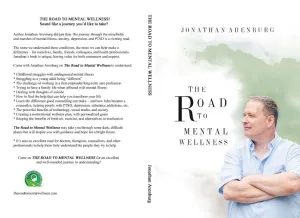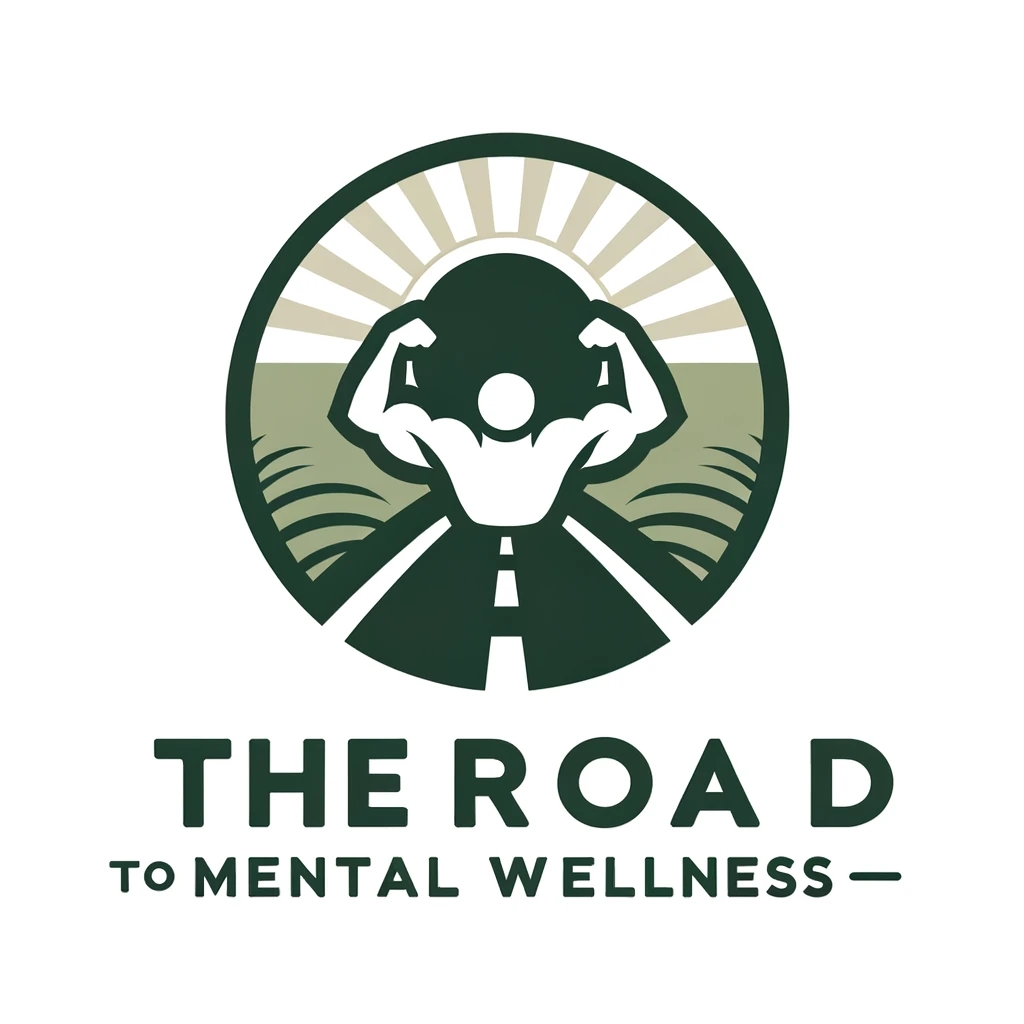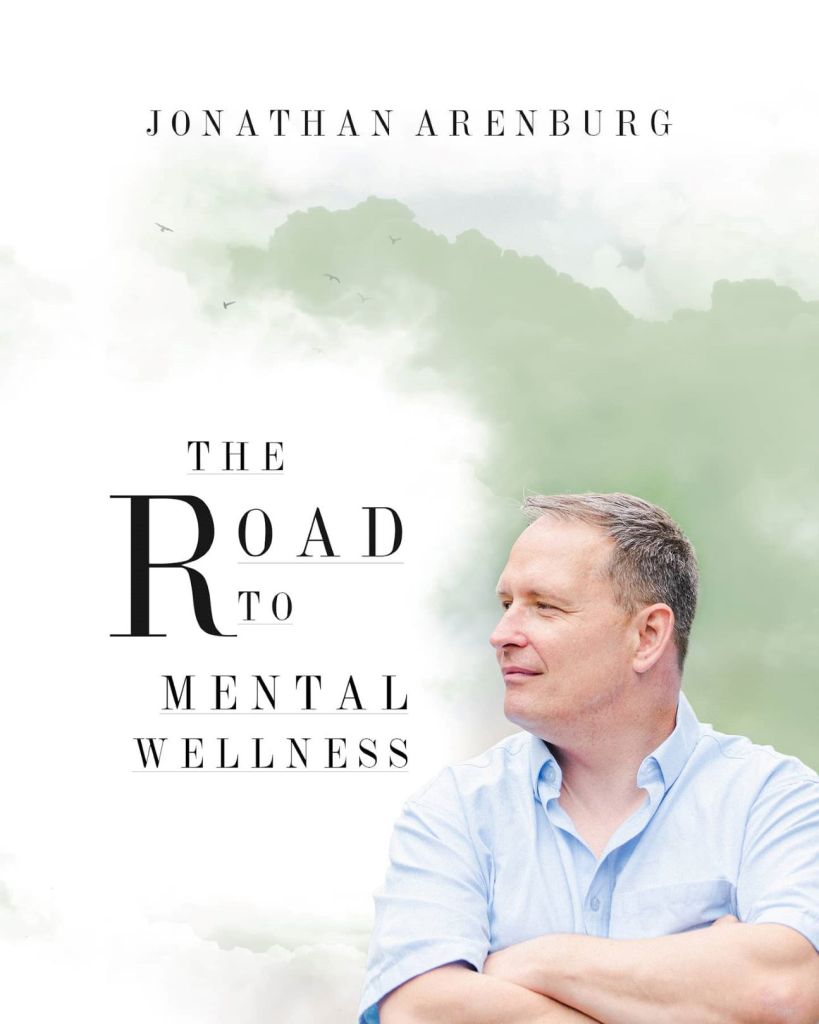Rising from the Ashes: Community Healing After Natural Disasters – A normal reaction to an abnormal situation
In the wake of the devastating fires in Nova Scotia, my home province, a question that resonates deeply is, “How do we mend our mental health after the final flames are extinguished?” This question, while poignant, also illuminates the resilience of the human spirit and our collective power to heal. Remember, you’re not alone in this journey.
Follow us
The Resilience of the Human Spirit and the Power of Cooperation
The human spirit is an extraordinary entity, capable of withstanding and surmounting immense challenges. Our inherent ability to adapt, to persist, and to find hope even amidst the bleakest circumstances is a testament to our resilience. This resilience is magnified when we unite as a community. Our collective strength, shared experiences, and mutual support form a powerful bond that aids us not only in surviving but also thriving in adversity.
Download the audiobook version of the book, The Road To Mental Wellness FREE (CH’s 1 through 5 Here)
Cooperation is the bedrock of any community’s recovery process. By working together, sharing our burdens, and pooling our resources, we can rebuild and heal. The power of cooperation lies in fostering a sense of belonging, creating a network of support, and instilling a shared sense of purpose and hope.
“United we can conquer adversity, cultivate strength and rebuild our communities, our Province, our lives.”
-Jonathan Arenburg, Author of the book, The Road To Mental Wellness
Common Thoughts and Feelings
Experiencing a natural disaster can trigger a wide range of thoughts and feelings, which can vary greatly from person to person. Here are some common reactions:
- Fear and Anxiety: Fear is one of the most immediate and intense reactions during a natural disaster. People often fear for their safety and the safety of their loved ones. This fear can turn into anxiety about the future, especially concerning potential aftershocks or future disasters.
- Shock and Disbelief: Many people experience a sense of shock and disbelief during and after a natural disaster. They may have difficulty accepting the reality of what has happened, which can make them feel numb or detached from their emotions.
- Confusion and Disorientation: The chaos and unpredictability of a natural disaster can lead to feelings of confusion and disorientation. People may struggle to understand what is happening, where they should go, or what they should do.
- Helplessness and Despair: The sheer magnitude of a natural disaster can make individuals feel helpless and overwhelmed. They may feel a sense of despair, especially if they have suffered significant losses.
- Guilt and Shame: Some people may feel guilty or ashamed, especially if they believe they could have done something to prevent the disaster or its aftermath. Survivors may also experience “survivor’s guilt,” feeling guilty for surviving when others did not.
- Anger and Frustration: Anger can arise from the perceived injustice of the disaster, especially if individuals feel that the disaster could have been prevented or that the response was inadequate. Frustration can also stem from the challenges and delays in the recovery process.
- Sadness and Grief: Sadness is a common reaction to loss. In the aftermath of a natural disaster, individuals often grieve for the loss of loved ones, homes, possessions, and their sense of safety and normalcy.
- Relief and Gratitude: Despite the negative emotions, some people may also feel relief that they or their loved ones survived. They may feel gratitude for the help they receive and the resilience of their community.
If you are struggling, please go here for help: Talk Suicide Canada
It’s important to note that these reactions are normal responses to an abnormal situation. However, if these feelings persist or interfere with daily functioning, it may be beneficial to seek professional help.
Common Mental Health Disorders Associated with Natural Disasters
- Post-Traumatic Stress Disorder (PTSD): PTSD is a condition that can develop after experiencing a traumatic event. Symptoms include flashbacks, nightmares, severe anxiety, and uncontrollable thoughts about the event.
- Depression: The loss and devastation following a natural disaster can lead to feelings of hopelessness and sadness that persist over time, leading to depression.
- Anxiety Disorders: Natural disasters can trigger various anxiety disorders, including generalized anxiety disorder, panic disorder, and specific phobias, such as fear of storms.
- Substance Use Disorders: Some individuals may turn to alcohol or drugs to cope with the stress and trauma, leading to substance use disorders.
- Adjustment Disorders: These disorders are characterized by emotional or behavioral symptoms in response to identifiable stressors, such as natural disasters. The reaction is more intense than would normally be expected and can interfere with social, occupational, or academic functioning.
- Acute Stress Disorder: This is a short-term condition that can develop after a person experiences a traumatic event, similar to PTSD. Symptoms include flashbacks, nightmares, and severe anxiety, but the disorder is distinguished by its short duration, with symptoms resolving within a month of the event.
- Insomnia and Other Sleep Disorders: The stress and trauma of a natural disaster can disrupt sleep patterns, leading to conditions like insomnia. Lack of sleep can exacerbate other mental health conditions and affect overall health.
- Grief/Bereavement: If a natural disaster results in the loss of loved ones, individuals may experience intense grief or bereavement, which can affect mental and physical health.
Read: How to Build a Mental Health First Aid Kit
Healing from the Impact
Healing from the mental health impacts of natural disasters is a process that takes time and often requires professional help. Here are some strategies:
- Seek Professional Help: Mental health professionals can provide therapies, such as cognitive-behavioral therapy (CBT) and eye movement desensitization and reprocessing (EMDR), which are effective in treating trauma-related disorders.
- Self-Care: Regular exercise, a healthy diet, adequate sleep, and relaxation techniques can help manage symptoms of stress and anxiety.
- Social Support: Connecting with others, sharing experiences, and seeking support from loved ones or support groups can aid in recovery.
- Community Resilience: Participating in community rebuilding efforts can foster a sense of purpose and control, promoting mental well-being.
Strategies for Community Healing
Healing as a community involves a blend of individual and collective efforts. Here are some additional strategies that can facilitate community healing:
1. Community-Based Art Projects: Art can be a powerful tool for healing. Community-based art projects can provide a creative outlet for expressing shared experiences and emotions.
2. Mindfulness and Wellness Programs: These programs can help individuals manage stress and anxiety, promoting overall mental well-being.
3. Educational Workshops: Workshops on topics like stress management, grief counseling, and trauma can provide community members with valuable coping tools.
4. Physical Activities: Organizing community physical activities, such as group walks, yoga sessions, or sports events, can help improve mental health by reducing stress and fostering a sense of community.
5. Community Gardens: Gardening can be therapeutic and can also help foster a sense of community. A community garden can serve as a symbol of growth and renewal.
6. Sharing of Skills and Resources: In the aftermath of a nature disaster, all of those in the affected area should seek each other’s strengths. Just remember, reciprocate and or contribute to the rebuilding process. You will feel connected, and it will keep the maintain the momentum needed to get life back to a sense of normalcy
Canadian Resources for Mental Health Support
In Canada, there are numerous resources available to support mental health recovery after a disaster. The Canadian Red Cross, the Canadian Mental Health Association, and Crisis Services Canada all offer valuable resources and support. In Nova Scotia, the Nova Scotia Health Authority and the Mental Health Foundation of Nova Scotia provide mental health and addiction services, including crisis intervention.
You Can also Checkout our Mental Health Resources Centre For More Options.
Conclusion
Recovering from a natural disaster is a long and challenging journey, but it’s important to remember that you’re not alone. As a community, we have the power to heal, rebuild, and emerge stronger. Our collective strength, resilience, and spirit of cooperation are our greatest assets in overcoming adversity. Together, we can and will rise from the ashes.
Remember: Whatever your experiencing, guilt, shame, numbness, or depression, its normal. Equally normal is that you could be experiencing a combination of these things. You are reacting in a normal way in the face of an extraordinarily abnormal situation. Never be afraid to seek out help. We are all in this together.
Learn to Manage and Thrive
- His lifelong battle with depression
- The benefits of exercise
- How to start to overcome the dread and exhaustion of depression
- How small steps make huge differences
- Scientifically backed techniques to help minimize depression, anxiety, and PTSD’s effects
- How to set boundaries with yourself when you have a mental health condition·
- How to optimize living your life with these debilitating mental illnesses.

Follow us



Please leave a comment and tell us what you liked about what you read.